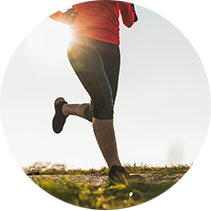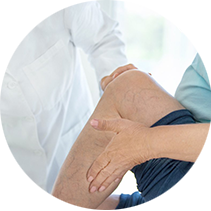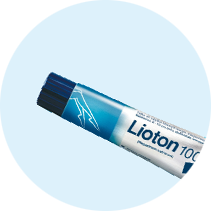Are you at risk – and what can you do?
So you are in way in your forties, sitting a lot in your job and are managing a family. You are a smoker, have gained weight, might not make it to the gym as often as you would like to – and now you notice the toll on your legs? If you either already have varicose veins or are well on your way towards getting them, here are some things you should know.
Content
My legs are really getting worse – could I have varicose veins?
Check your legs for twisted, enlarged and bulging veins on your legs. They are usually dark purple or blue in color. See them?
What are the symptoms?
Having or developing varicose veins also means you might experience…
- Tired or heavy legs
- Spontaneous or provoked pain
- Functional limitations
- Oedema
- Leg pain and discomfort
Please always consult a doctor for a diagnosis.
Oh no! At my age? How could this happen?
It is weak or damaged veins (venous insufficiency) that lead to varicose veins. Your veins return blood from the rest of the body to your heart, meaning they have to work against gravity. So varicose veins might be due to your lifestyle: Too much sitting or standing in the same position for long can induce pressure-related vein and valve damage - because your blood does not flow back as well. Instead of flowing back to your heart, it can collect in your veins instead of flowing up to your heart.
Are there any other risk factors?
Yes, factors such as age or your sex (women are more likely to develop the condition and hormonal changes such as from pregnancy or menopause can be a factor) or your weight (being overweight means more pressure on your legs) might predispose you to developing varicose veins and superficial venous disease as well. Also, if other members of your family have varicose veins, there is a greater chance that you might get them as well.
Is there something I can do?
Varicose veins cannot be completely prevented. But the good news is that the same measures you can take to treat the discomfort from varicose (see above) at home can also help prevent them!
If you work on improving your circulation and muscle tone, this may reduce your risk and further development of varicose veins. So check your lifestyle and try to include the following:
- Exercising
- Watching your weight
- Changing your sitting and standing positions throughout the day
- Elevating your legs
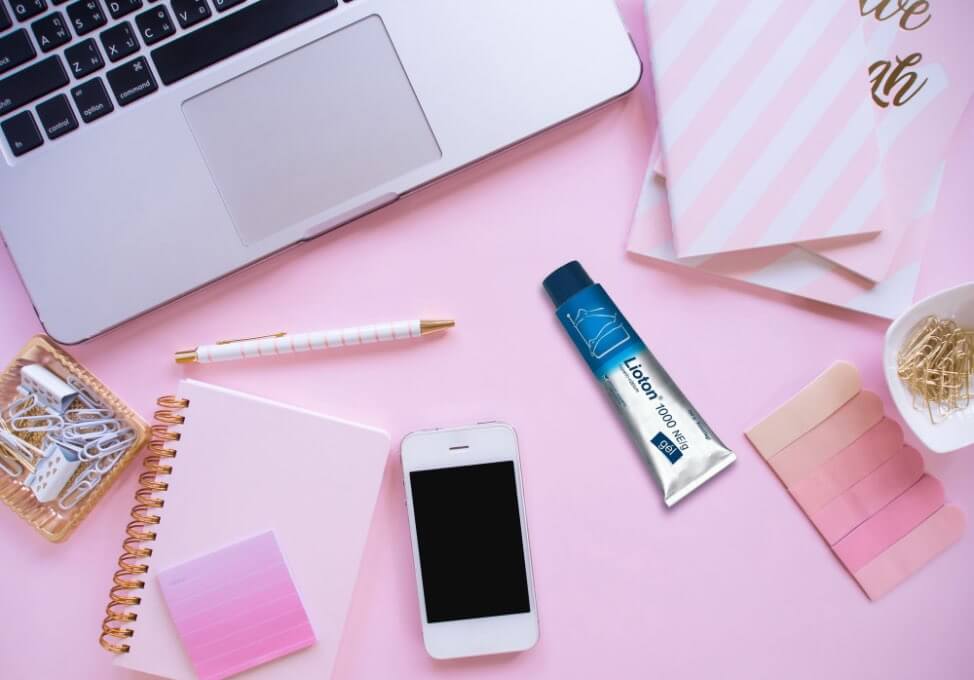
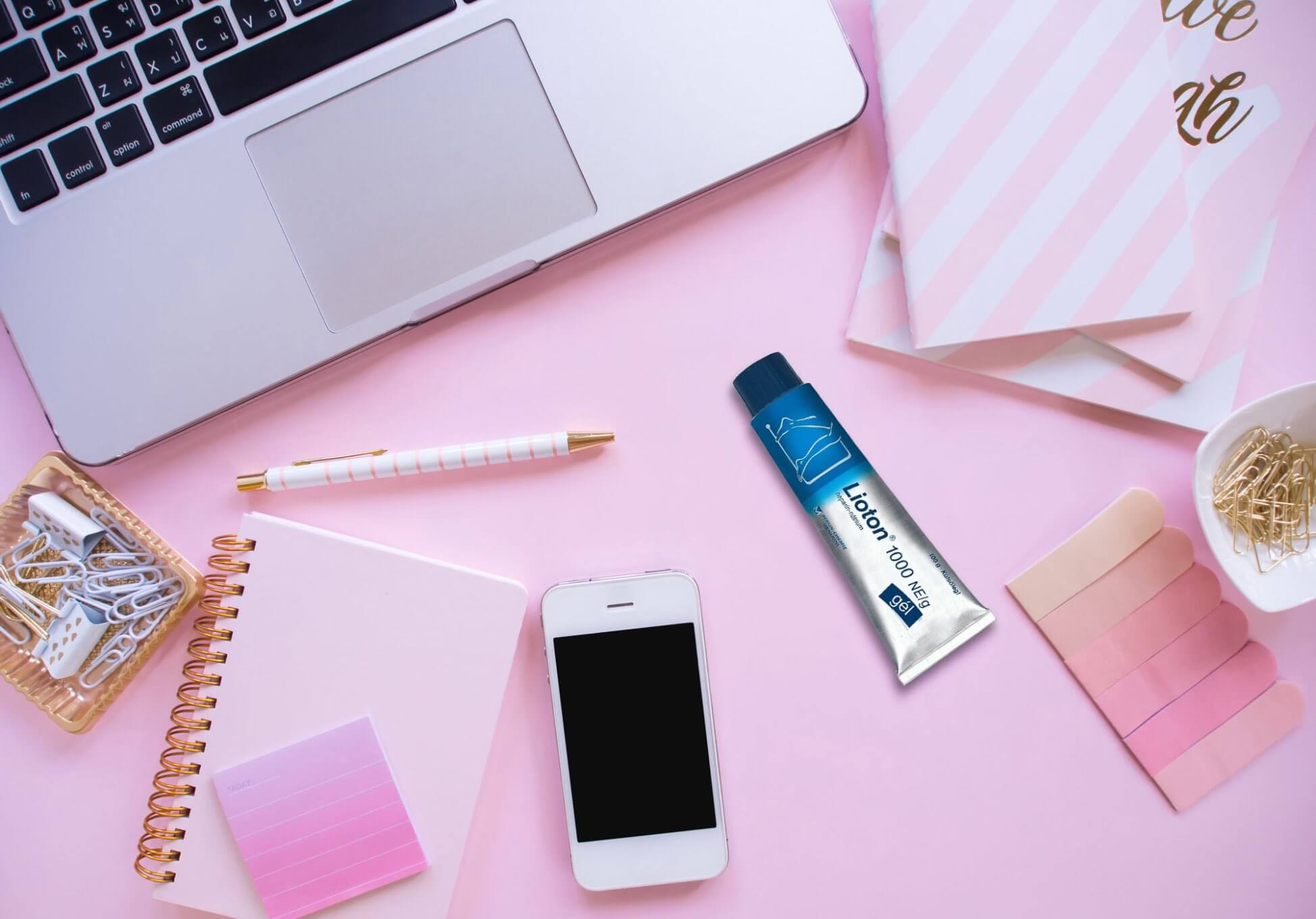
Any special tips for symptom relief? I really find the symptoms bothersome…
Yes, the application of a heparin Gel such as Lioton 1000 can help you alleviate some of the symptoms of varicose veins and venous insufficiency 1,5 – so that you can stay up on your feet and get on with your active life.
Please always consult a doctor.
Sounds good. How can Lioton help my veins?
Lioton 1000 Gel contains the active ingredient heparin. Heparin can help reduce the symptoms of superficial venous insufficiency by improving microcirculation and reducing the pain and swelling that comes with varicose veins with its fast mechanism of action.
Sounds like I need to change my lifestyle, too?
Yes – you might want to try quitting smoking. Also, following a healthy diet to reduce weight and changing your sitting or standing position regularly is highly advised for the health of your veins!
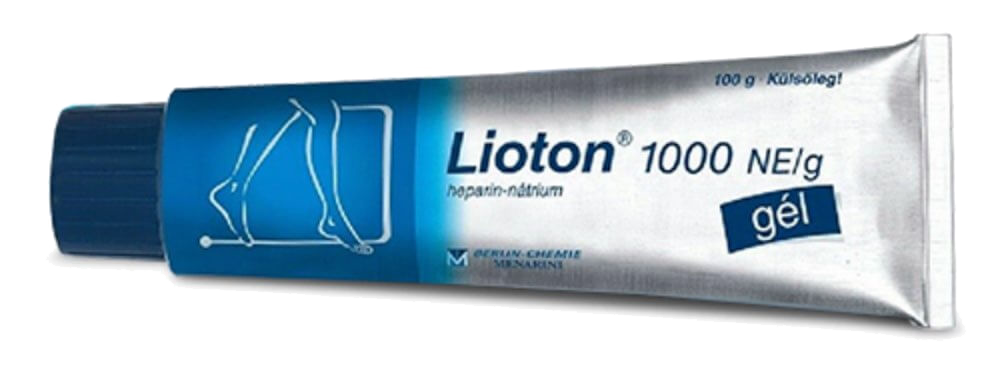

LIOTON. FOR THE HEALTH AND COMFORT OF YOUR LEGS
We care about your legs! If you are prone to varicose veins, take action!
Lioton can help reduce some of their symptoms, thanks to its active
ingredient heparin.
Always talk to your doctor or pharmacist before using Lioton 1000 gel.
HOW LIOTON® 1000 GEL WORKS IN SUPERFICIAL VENOUS DISEASES
Have you ever wondered how our veins support us every day, how they work and how they become weak? This video will give you a quick overview and will also show you how Lioton® 1000 works to help your veins.

